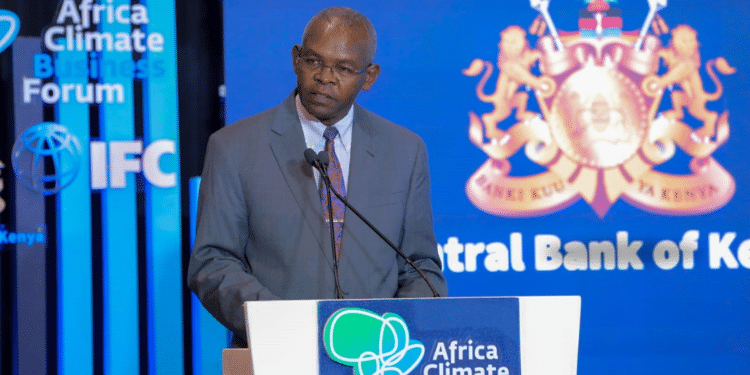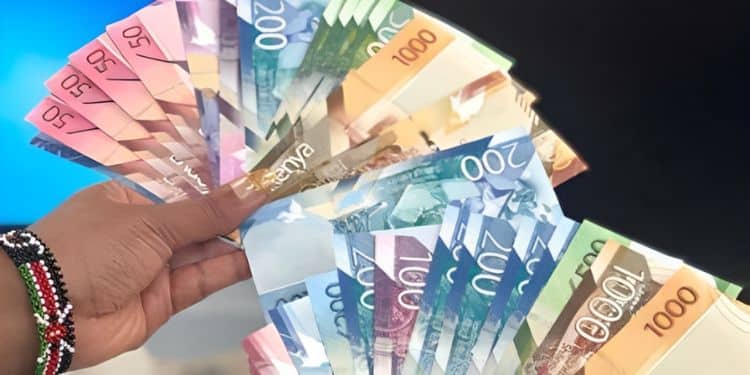The Kenyan shilling has remained stable against the US dollar and other major currencies, even as global market dynamics drive fluctuations, according to latest data from the Central Bank of Kenya (CBK).
By 9:43 EAT on Wednesday June 25, commercial banks were quoting the currency at 129.2913 per dollar, a slight change from 129.2741 on Tuesday, June 24.
According to CBK, the shilling was valued at Ksh 175 against the British pound and Ksh 150.20 against the euro.
Regionally, CBK data showed that the shilling stood at Ksh27.83 per Ugandan shilling, Ksh20.67 per Tanzanian shilling, and Ksh11.1 per Rwandan franc.
It also traded at Ksh89.11 per 100 Japanese yen and Ksh7.29 against the South African rand.
Strong macroeconomic fundamentals and prudent fiscal policies continue to anchor the shilling in the face of global pressures.
Also Read: Why Kenyan Shilling Is Stable on Salary Week and How to Cash In
Why Kenyan Shilling Has Remained Stable Against Global Currencies
A key factor supporting the shilling’s stability is the consistent growth in diaspora remittances.
In May alone, Kenyans abroad sent home Ksh56.93 billion (USD 440.1 million), bringing the 12-month cumulative total to Ksh650.72 billion (USD 5.03 billion)—an 11.6% increase compared to the same period last year, according to the Central Bank of Kenya (CBK).
Beyond remittances, Kenya’s export sector—especially tea—remains a vital source of foreign exchange.
Despite global disruptions in leading tea-producing nations like Sri Lanka and India, global prices have held firm.
The horticulture sector plays a big role in Kenya’s economy, being one of the leading sources of foreign exchange.
Consequently, exporters in this sector earn good amounts in foreign currency, which they convert to pay local expenses, including salaries.
Demand from core markets in the Middle East and Asia has further sustained earnings.
Also Read: CBK Invites Kenyans to Invest in Ksh50 Billion Treasury Bonds with as Low as 50K
Additionally, the CBK’s management of foreign exchange reserves has provided a critical cushion.
As of June 19, reserves stood at Ksh1.41 trillion (USD 10.91 billion), equivalent to 4.8 months of import cover—well above the statutory minimum of four months.
Other factors influencing the strength of a currency including central bank policies, especially interest rates, which are among the most significant.
At the same time, higher interest rates tend to attract foreign capital, thereby boosting the currency’s value.
Similarly, economies with low inflation tend to maintain stronger currencies, as stable prices support long-term purchasing power.
Follow our WhatsApp Channel and X Account for real-time news updates












































































